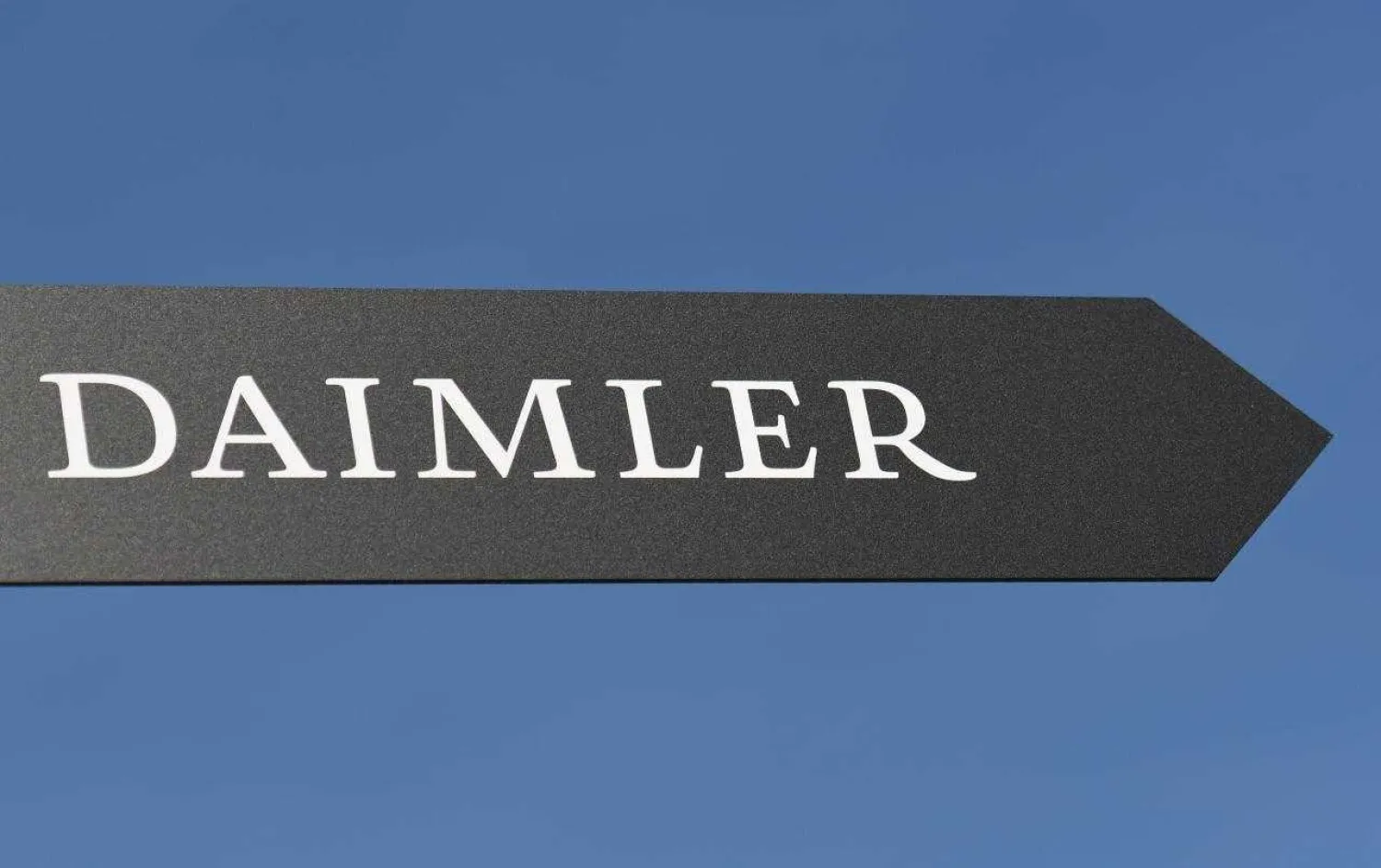Major companies have continued to withdraw from Iran despite the European Union’s announcement that the blocking statute entered into force on August 7, to protect EU companies doing legitimate business with Iran from the impact of US extra-territorial sanctions.
Germany's multinational automotive corporation, Daimler AG, said on Tuesday that it had suspended all activities in Iran in connection to the reimposition of US sanctions that target companies doing business with Iran.
"We have ceased our already restricted activities in Iran in accordance with the applicable sanctions", Daimler said in a statement.
“We will continue to closely monitor the political developments, especially in connection with the future of the nuclear agreement," it added.
Daimler's move put a sudden end to its plans to expand its activities Iran, where it had signed a cooperation agreement with two local companies to assemble Mercedes Benz trucks.
The company added that the Iranian economy and the country's automobile market were developing much weaker than expected, and Daimler AG had not managed to resume the sale of Mercedes-Benz cars and trucks in Iran.
Daimler had signed letters of intent with joint venture partners in Iran in January 2016 as part of the German truck maker’s re-entry into the Iranian market after economic sanctions were lifted under the 2015 international agreement that sought to limit the country's nuclear program.
Daimler confirmed in its statement that it has not yet started manufacturing or selling its trucks in Iran, nor is it selling any of its vehicles in the Iranian market.
The company’s withdrawal came few days after CEO Henrik Henriksson said Scania had canceled all orders that it could not deliver by mid August as anything after would have been hit by the new sanctions.
Scania was one of the first truck companies to return to Iran after the EU lifted sanctions in early 2016.
US President Donald Trump's May withdrawal from the 2015 nuclear deal led Washington to reimpose sanctions on Iran on Tuesday. The second tranche kicks in on November 5.









